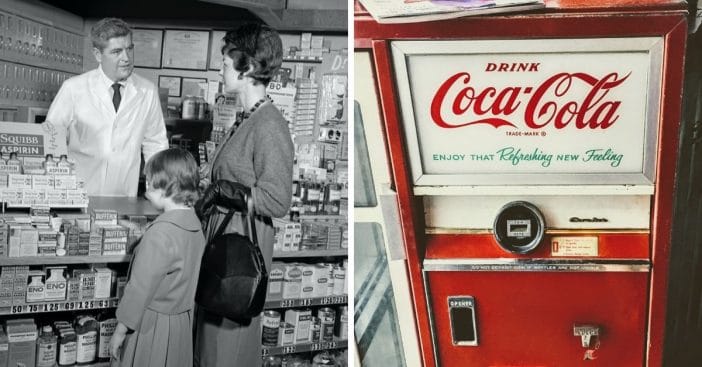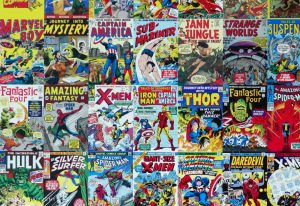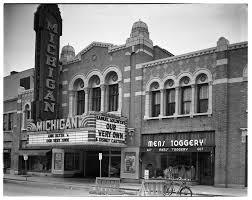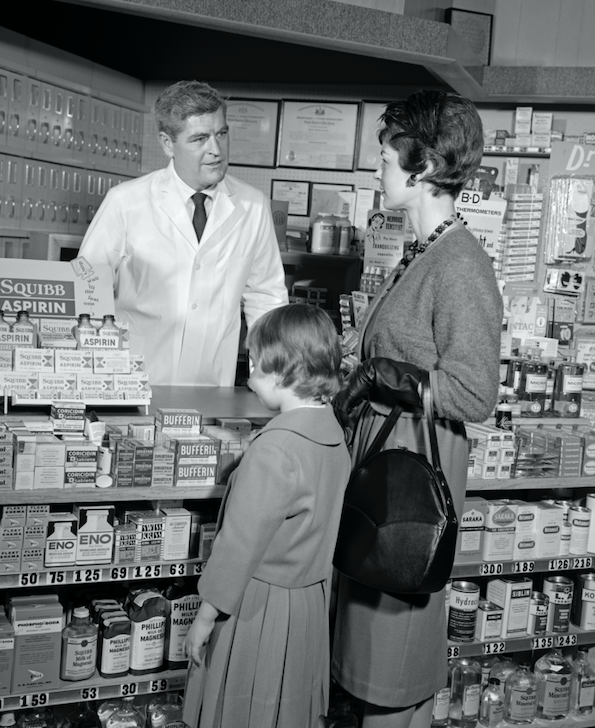
The weight of the dollar is a popular topic of discussion. Work hard, earn much, and save early. Such a motto is chanted to each successive generation so they too can afford whatever they want. Whether it is a quick snack or a new car, everyone always considers the weight of the dollar. This is not a constant value, however. For this reason, prices from the 1950s and ’60s often stun modern Americans. The price tag attached to just about anything was much lower in decades past. Inflation usually explains away this discrepancy – and any joyful awe at how cheap everything appears.
Even so, there is a marked difference between how much a dollar could get you years ago. Traveling back 30 years will show the reason for people’s shock. The 1990 Christmas classic Home Alone features young Kevin McCallister buying several typical grocery list items. The final cost is $19.83. Viewers still marvel and wonder what it must be like to get so much for roughly $20. To fully understand the value of the dollar decades ago, consider these values.
$1 could purchase a pound of coffee

Caffeine addicts rejoice! When done calculating your personal, recommended caffeine intake, you can buy a pound of the stuff for just $1. Old supermarket ads reveal just how much one dollar bill could get at the grocery store. Among the items purchased by patrons, coffee was the most expensive.
Even so, Bright & Early Coffee cost 79 cents per pound in the 1950s. Today, that price can range anywhere from $7 to $13. Reportedly, about 64% of Americans drink at least one cup of coffee a day. This number is even up from the 2017 value of 62%. Indeed, that number is projected to climb over the years and with age. If Americans could have a dollar for every pound of coffee, they’d have a lot of caffeine.
The value of a dollar could net a lot of comic books

Marvel and DC have long been household names. Gradually, comic books became an increasingly popular way to escape to a world where heroes stopped deadly threats while hiding their secret identities. Comics taught important messages and established a whole new cultural subset still going strong today.
According to Comichron, before the 1960s, one dime could purchase one comic. Heading into the comic book store with $1? Ten issues of your favorite hero fighting crime and saving a city. Today, prices vary by series, issue, and seller. Generally, comics run at about $4. This makes comics a slightly more involved investment for dedicated fans, particularly when many start reading them at a young age.
Get 2 for 1 when going to the movies

Everyone loves an escape from their present reality. Within the darkened walls of a movie theater, viewers can forget live as they know it and focus on an intriguing plot and engaging characters. No matter the year, movies hold a special attractive draw. For this reason, producers find new ways for viewers to get excited about upcoming movies throughout the year.
Today, it is not always necessary to leave the house to enjoy a good film. Now, it is not even necessary to wait for the holidays to get into the festive spirit. But that requires a subscription, which costs a hefty amount itself. However, seeing a movie in the 1950s was cheap, and could be done with company. By 1951 the price of a ticket was 49 cents. That’s enough to enjoy the latest hit with a friend to talk about it afterward.
The value of a dollar lies with the headache it relieves

If watching the flashing screen and hearing the loud noise from that 49 cent movie induced a headache, worry not. Relief came at a low price in the ’50s. Based on records from the New Jersey’s Morris County Library, a 100-count bottle of Bayer aspirin cost just 59 cents.
Now, aspirin, like many other drugs, requires a greater financial commitment. Consumers continually search for deals, ensuring they get the most for their dollar. Decades ago, one dollar was all they needed.
A dollar packed a punch on cigarette packs

Today, discussions surround the advent of vaping. In the same way, more health information was revealed about cigarettes, more are learning about the effects of e-cigarettes. Methods somewhat differ, and so do price tags. E-cigarettes cost from $7 to over $10 per pack, depending. This makes vaping capable of running a hole through the wallet as well as the lungs.
Pursuing the popular habit of smoking decades ago required one dollar. Accounting for inflation, the financial cost to a person is roughly the same since a dollar in the 1950s is roughly $10 today. Perhaps some things are best left at high prices if it keeps people’s lungs healthy. Patterns of smoking across the years are fascinating to track.
Read onto the NEXT page to find out what else $1 could buy you in the 1960s!
